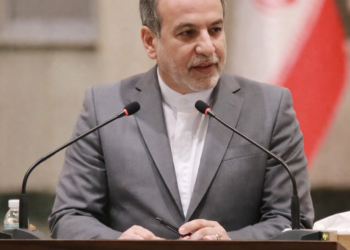In a sting operation early Friday, men from the Lagos State Taskforce razed around 50 illegal constructions, including shanties and makeshifts, along Agungi Ajiran Road in the state’s Lekki district.
Speaking at the scene of the operation, Chief Superintendent of Police, or CSP, Chairman Adetayo Akerele, explained that it was a part of the efforts to bring back decorum and sanity in different sections of the city in accordance with the current State government’s THEMES PLUS Agenda.
Akerele clarified that although the residents of all the unlawful buildings in the vicinity had received eviction notices two weeks prior, they were determined to leave.

“Over time, locals have voiced concerns regarding the growing illicit activities in the shantytowns, endangering public safety, deteriorating the environment, and upsetting the tranquilly of the community,” he said.
“Despite multiple notices, the inhabitants refused to quit the area. We destroyed more than 50 unauthorised constructions this morning. Akerele noted that the illegal structures not only deface a well-planned residential area, but also violate the State Government’s physical planning along the Lekki-Epe axis.
“Their continued presence here has become a serious cause for concern that’s why our efforts demonstrate the State Government’s commitment to ensuring residential areas remain safe and habitable,” according to him.
As more shantytowns spread out along other sections of the Lekki axis have been handed removal orders, Akere consequently gave residents the assurance that the exercise will go on indefinitely.
He pleaded with the residents to leave the shantytowns and remove any unlawful buildings there, or face having the agency forcibly demolish them.
“I urge residents to report any suspicious actions to the agency through our feedback channels so that we can put an end to these irregularities that have proliferated over time. “Speak up if you see something.”
Bottom Line
It is a significant issue where medical professionals, in search of better working conditions and higher pay, leave the country while their home institutions continue to struggle with staffing shortages and financial inefficiencies.
The government’s decision to suspend salaries for these professionals after discovering they had left the system is an important measure to ensure that public funds are properly allocated and used.
It’s likely that such audits were long overdue, considering the scale of migration in the sector.
However, this also points to deeper structural problems within the Nigerian healthcare system that need to be addressed, such as improving local working conditions and remuneration to retain professionals.

















